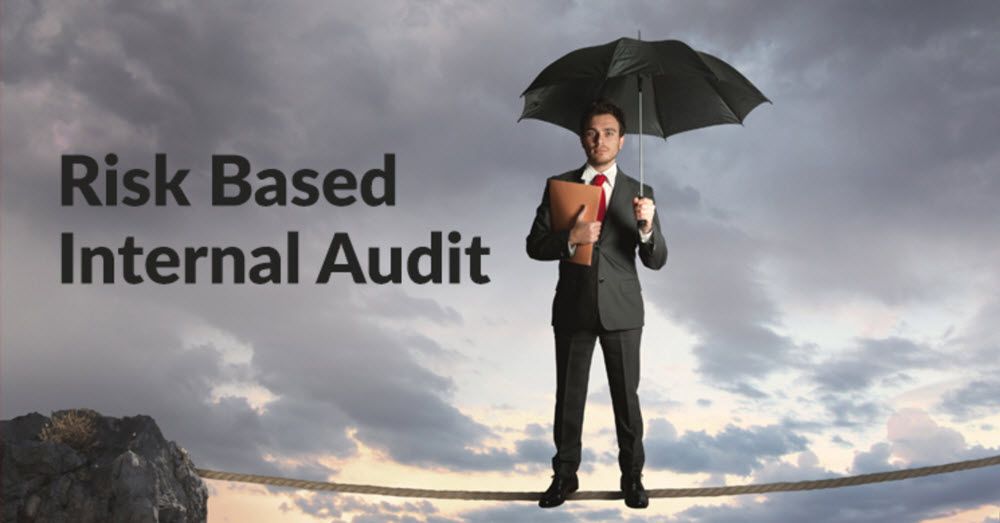A risk based internal audit is very beneficial for a company, as it enables the internal auditors to identify potential risks and allows management to implement controls to mitigate them before an issue or incident takes place. Depending on the type of audit, this increases safety on site and/or increase efficiency.
Risk based internal audits are designed in a way so that the business or company correctly understands the factors that might put them at risk and what effects those risks might entail.
There are many ways to conduct an audit that will help the auditor in recommending adequate improvements to a company so that the business keeps on moving ahead without any problems.
To make things clear here are a few approaches an auditor should take to properly conduct a risk based internal audit for a company to drive continual improvement.
Understand the Company and Its Risks
A professional internal auditor will carefully assess the information about the company, its strategies, objectives, goals, and what the business stands for. When you have all the knowledge about the company, it will become easier to understand the risk factors. Internal auditors should have a thorough understanding of the business, including its capabilities, vulnerabilities, and problems, in order to concentrate their audits on the most important potential risk areas.
Get Management Involved in the Audit
Internal auditors should collaborate closely with senior management and members of the board to balance corporate strategy and risks, while developing a risk based auditing program. This allows management to support the audit team in conducting appropriate audits across various business areas. It also assists internal auditors to understand the organisations tolerance for risk.
Assess the Maturity of the Risk
The first step is to assess the risk maturity and, in this step, the auditor will look into the possible risks, analyse the severity of them and the probability of the risk becoming an official threat to the business. In this step, senior management have an outline of the evaluation, governance, and contingency planning.
Identify Risk Tolerance of Senior Management
A business’s appetite for risk is the level of exposure to risk that the company is able to contemplate and accept. Stakeholders must establish risk limits in order to determine whether internal controls must be implemented.
Internal auditors must identify and understand the risk assessment strategies in place, as well as risk tolerance. Internal auditors must understand Senior Managements appetite for risk in order to create a baseline for unbiased risk evaluations.
Evaluate the Effect of the Risk and Probability
After identifying the main risks and threats, internal auditors must analyse such risks and ascertain the probability that they might arise, the effect on the company if they do actually happen, and the management’s ability to reduce and manage the levels of risk. This will help in future mishaps and the management of the company will be ready to handle the risks beforehand.
What are The Benefits of Risk Based Internal Audit?
There are various kinds of audits and their main point is to benefit the company and business. The same goes for internal audits for risk assessment. There are multiple benefits of a risk-based internal audit and some of them are mentioned below:
- They help in creating a comprehensible and systematic risk assessment strategy, that makes it possible for a company to respond to changing circumstances.
- These internal audits offer a comprehensive view of the risks, which allows the organisation to handle the risks more effectively.
- Requires internal auditors to properly define risks or threats and plays an important role in implementing the necessary internal measures to achieve the desired results.
- Risk-based internal audits make it easy for a company to consider the threats and the consequences of any risks that might occur in the future and provides management with tools to tackle risks more efficiently.
If you are looking to outsource your internal audit function, or find ways to improve existing audits to be more risk based, then contact us for a free consultation on how we can support.





